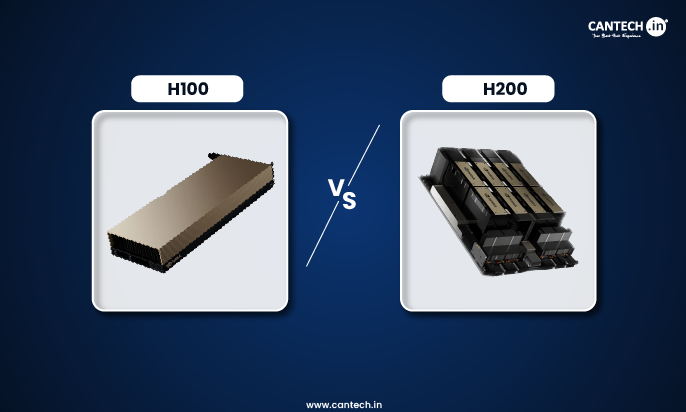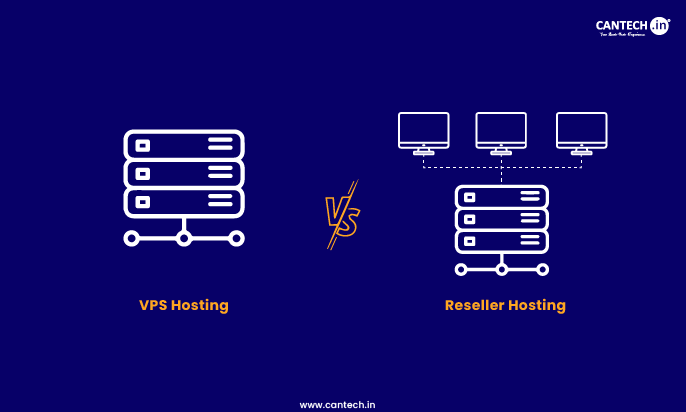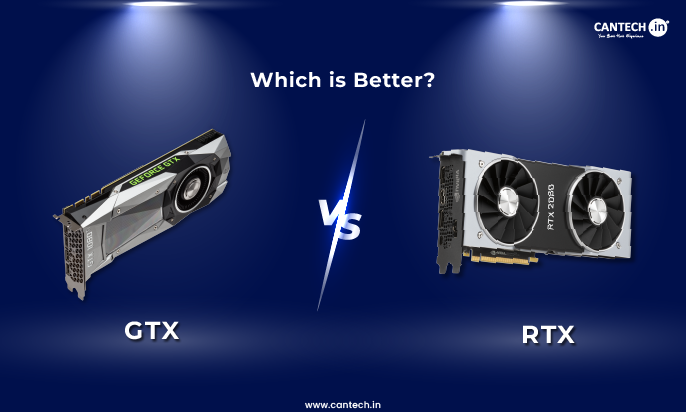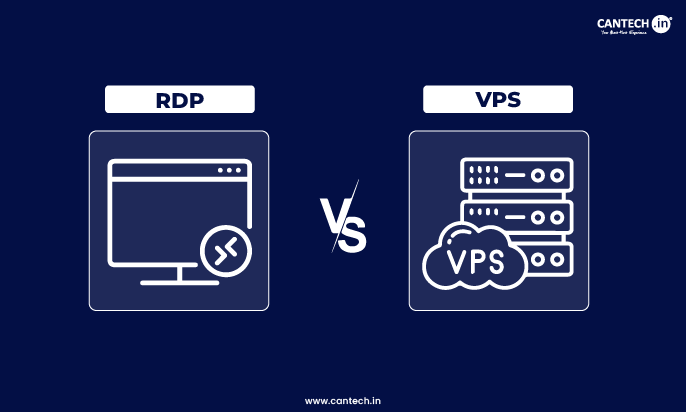Among different types of web hosting, shared hosting and reseller hosting are two confusing ones for many people. To get a headstart in the comparison, shared hosting is for beginners because it is affordable and simple to host a small-scale website. On the other hand, reseller web hosting plans are specifically for entrepreneurs looking to sell hosting services to their own clients. This blog will go further deep to compare shared hosting vs. reseller hosting in terms of their further elaborated meaning, benefits, drawbacks, and for whom they are suitable.
Shared vs. Reseller Hosting Services
Let us start with the basics of both these web hosting types before getting into the comparison.
What is Shared Hosting
Shared hosting is a hosting setup ideal for startups, small businesses, and individuals. It shares one server with multiple websites that share the resources (bandwidth, storage, and processing power).
Thus, if you are a beginner site owner or running personal websites or small projects, you can consider this hosting option.
Features of Shared Hosting
With the shared hosting defined, let us now understand its features:
- The shared hosting accounts include user-friendly control panels like cPanel and Plesk for easy hosting account management. It has a simple interface that makes it smooth to upload files, manage emails, integrate SSL certificates, and more.
- You can use the “Addon Domain” feature to host multiple domains on a single account. So, it is not like only one website can be hosted on shared hosting.
- One of the super-features making shared hosting suitable for individuals and small businesses is that it is highly cost-effective and offers a decent amount of resources at an affordable price. This makes it an excellent choice for those looking for web hosting for small businesses.
- Server maintenance and technical issues are not your concern so you need not worry about it as the hosting provider takes care of it. You can keep your focus on the website’s content.
- Small and personal sites can efficiently run with the adequate bandwidth and storage available.
Advantages of Shared Hosting
If you are a small business or have a personal site/blog, below are the related benefits of shared hosting:
Affordability
The low cost of shared hosting is a significant benefit. So, users with basic hosting service needs can easily afford it without spending much.
Ease of Use
Super-easy control panels are available to manage your website and you do not need advanced technical skills to use them. They come with so many tools and features to assist in daily website operations.
Resource Allocation
As mentioned earlier, the shared server plans provide enough bandwidth and disk space to handle small websites.
Disadvantages of Shared Hosting
A few limitations of shared hosting are important to know to get clarity.
Limited Performance
A shared server means if other websites on the server experience traffic fluctuations then it could slow down your website’s performance.
Potential Website Crashes
Excessive load due to too many websites on the same server can be risky because the server may crash or under perform due to resource sharing.
Security Concerns
Shared web hosting has multiple users on one server and this can result in overall security issues such as an attempt to hack or a malware infection. An issue with one site can spread to other websites on the same server.
Limited growth support
The plans can be scaled upto a certain extent . After that, you will need to upgrade to more advanced hosting types to ensure optimal performance.
What is Reseller Hosting
As the name suggests, reseller hosting is a web hosting type in which an individual or business buys hosting resources from a hosting provider to sell them to their clients under their own brand.
So, the one who buys to resell is called the reseller and the provider of the plan can be called the parent hosting provider. In this setup, the reseller creates multiple shared hosting accounts under a single master account. They can create their customer base and earn using the parent company’s infrastructure and essential services.
Resellers should buy the reseller hosting plans with specific technical features in mind. They are important to enhance performance and simplify management.
- Unlimited SSD disk space to store extensive data for better performance.
- Unlimited bandwidth can handle high traffic without performance issues.
- LiteSpeed server cache boosts loading speed without requiring any code modifications.
- User-friendly site builder to create websites effortlessly without coding skills.
- Free WHMCS to automate billing, account creation, and customer support for efficient management.
Now that we’ve covered what is reseller hosting, let’s explore its features.
Key Features of Reseller Hosting
- Resellers can manage client accounts and customize hosting packages using WHM access.
- A cPanel account is available for each of the reseller’s clients to manage their own websites effectively.
- Reseller plans can include multiple domains, email accounts, and databases. It makes the resource allocation flexible.
- The parent hosting provider’s name does not appear anywhere and you can brand your hosting service in your own name with a professional image.
- One-click installer is available with the packages so that the clients can easily install popular applications like WordPress, Joomla, etc.
- The mail server supports protocols like IMAP and SMTP for simple email access from various devices.
- DNS management allows resellers to manage their own settings and it also offers clients greater control over their domains.
Advantages of Reseller Hosting
Cost-Effective Startup
Resellers get the ready infrastructure from the parent hosting provider so this minimizes the initial investment required to start a hosting business.
Income Potential
Parent provider manages and provides the infrastructure, so the resellers benefit from significant revenue potential by selling hosting services
Customization Options
You can change the control panel’s theme and user interface so that it creates a unique experience for your clients.
Add-On Sales
Revenue is not limited to selling web hosting plans, you can earn additional income with the add-ons like SSL certificates, dedicated IPs, domain registration, etc.
Disadvantages of Reseller Hosting
Limited Server Control
The resellers have limited control over server settings so you need to depend on the parent hosting provider for some aspects.
Data Migration Challenges
In some cases, when you need to transfer to a different hosting provider, especially the client data, it can become complicated.
Dependency on Providers
You also need to rely on parent hosting services and this can directly affect the reseller’s business operations in case of any hiccups or poor quality of services.
What is Managed Reseller Hosting?
Reseller web hosting can come with comprehensive management services if you opt for managed reseller hosting plans.
Well, it is a comprehensive solution that offers proactive support from the parent company. The services include everything like server monitoring, backups, troubleshooting, etc. While the parent hosting provider manages your every technical issue efficiently, resellers can confidently market their services and focus on selling. Clients get 24/7 responsive support from expert professionals.
How Reseller Hosting Works
The working of reseller hosting is quite simple.
Resellers buy a hosting plan from the parent hosting provider with the required server resources to resell to individual clients. So, resellers create separate hosting accounts for their clients, set prices, and manage their services.
The parent company handles the infrastructure and primary server management for technical aspects. They take care of server uptime too. Resellers focus on marketing, clients, and service delivery.
The goal here for the resellers is to develop their own web hosting company with the support of expertise of the parent hosting provider.
Shared Hosting vs. Reseller Hosting: The Comparison
The below table gives an overview of the differences between shared hosting and reseller hosting. It compares various aspects and explains how they differ from each other.

Cantech’s Linux and Windows Shared Hosting vs. Reseller Hosting
Cantech has been among the top web hosting companies in India since 2009. We offer all types of hosting services and solutions for small to larger companies. Our plans include Indian VPS Hosting, shared hosting, cloud hosting, reseller hosting, Indian dedicated servers, GPU, and more. Let us know our features for shared and reseller web hosting services –
Shared Hosting
| Feature | Description |
| Affordable Plans | Cantech offers cheapest web hosting in India for Linux and Windows platforms that provide great value without hidden fees. They include the best features at transparent prices. |
| User-Friendly Control Panel | Management panels like cPanel & Plesk provide easy administration of hosting settings to set up email accounts, install software quickly, and more. You do not need technical skills for the same. |
| High-Speed Performance | Our infrastructure and resources guarantee optimal performance with fast loading times. |
| Robust Resources | Our shared web hosting plans include ample resources like SSD storage, unlimited bandwidth & MySQL databases for smooth performance. |
| Expert Support Team | The dedicated support team is available 24/7 to assist with any hosting issues via phone, email, or live chat. |
| Comprehensive Security | Security is at its best with free SSL certificates, regular backups, and required measures to protect user data and the site. |
| Free Website Migration | We offer hassle-free migration of your websites to Cantech. Our expert support team ensures a smooth transition without downtime or data loss. |
| Money-Back Guarantee | The 30-day money-back guarantee gives you a risk-free trial. |
| Scalability Options | We can scale with your business growth. You can easily upgrade your plans as your website demands increase. |
| Optimized for WordPress | The shared hosting plans are optimized for WordPress and offer features like one-click installation and specialized tools for website creation and management. |
| Data Backup Assurance | Weekly backups keep data safe and quickly restorable if needed. |
| Continuous Updates | We consistently update our infrastructure and use the latest technology. |
Reseller Hosting
| Feature | Description |
| Affordable Reseller Hosting | Cantech offers cost-effective Linux and Windows reseller hosting plans for different needs. |
| Unlimited Websites | Businesses and agencies get the flexibility to host unlimited websites under a single reseller account. |
| 100% White-Labelled Solutions | You can sell under your own brand name and create your own identity. |
| Easy Management with cPanel | The cPanel interface allows users to manage domains, emails, and databases effortlessly. |
| Fast SSD Storage | Cantech’s SSD technology ensures speed and performance. |
| One-Click Application Installer | Resellers can install popular applications like WordPress, Joomla, and more with just one click. |
| Free SSL Certificates | Free SSL certificates with every plan enhance website security and boost customer trust. |
| 24/7 Expert Support | The support team is available 24/7 to assist with any technical issues. |
| Weekly Backups | Weekly backups make your data safe and recoverable. |
| Instant Account Setup | Cantech guarantees immediate account activation upon payment confirmation for a quick start of your reseller business. |
Our shared and reseller hosting services give ample benefits to individuals and businesses. The purposes of both these web hosting types are different but they both provide affordability and 99.97% uptime with Cantech.
Conclusion
Shared hosting vs reseller hosting services are for different types of end-users. Reselling allows entrepreneurs to build their own hosting business. Whereas, shared hosting will host your own site on a shared server. They both support various types of websites and applications. You can choose the right plan based on your business or individual goals. Overall, shared and reseller hosting are practical choices based on your individual preferences. Cantech has comprehensive plans and the best experts for each type of hosting solution. Get in touch today!
FAQs for Shared Hosting vs. Reseller Hosting
What is Linux and Windows Shared Hosting?
Shared hosting means a single server shares its resources with multiple users. So, it is suitable if you have a small or personal site or blog. Also, it is a very affordable web hosting type.
Linux shared hosting runs on the Linux operating system. It shares server resources such as CPU, memory, and storage among all websites.
Whereas, Windows shared hosting operates within a Windows environment for users who prefer Windows-based frameworks like ASP.NET, MSSQL, and other Microsoft applications.
Why Should I Choose Reseller Hosting?
Resellers can sell the hosting plans with their own pricing and plans under their brand name. Reseller hosting is an ideal way to start your own web hosting business.
Who uses Shared Hosting and Reseller Hosting?
Shared hosting is for startups, SMEs, or individuals who are looking for an affordable web hosting type. If their website requires small-scale resources, they can choose a custom shared web hosting plan accordingly. Moreover, shared hosting providers take care of the technical aspects of the servers so you do not need advanced technical knowledge too with an easy-to-use control panel.
On the other hand, reseller hosting is for individuals or entrepreneurs for their web hosting business in their brand name. They need not invest significantly in the infrastructure because the parent hosting provider offers the same with the plans that you buy. Also, you need not maintain the server and focus on customized solutions for your clients.
Agencies, web designers, development firms, etc can choose reseller hosting and also offer value-added services to their own clients with web hosting services.






